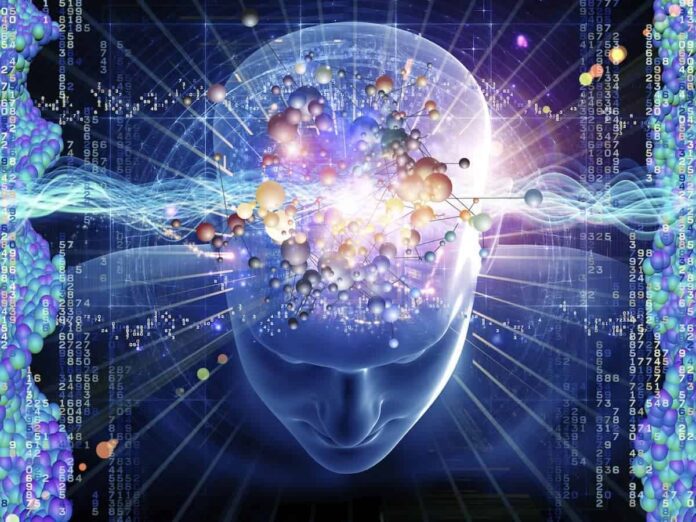One study, published in the March issue of the Journal of Psychopharmacology by a team at the Norwegian University of Science and Technology, compared LSD, psilocybin and mescaline use reported in the US National Survey on Drug Use and Health with various mental illness indicators. They found no connection between use of the drugs and psychological harm.
“We failed to find any associations between lifetime use of psychedelics and past year serious psychological distress, receiving or needing mental health treatment, depression, anxiety, or suicidal thoughts or behavior in the past year,” the study concludes. “Rather, lifetime use of psychedelics was associated with decreased inpatient psychiatric treatment.”
While LSD in particular is notorious for supposedly causing flashbacks, the researchers did not find any correlation and pointed out that occasional visual phenomena are common in the general population whether people have used psychedelics or not.
“Psychedelics are psychologically intense, and many people will blame anything that happens for the rest of their lives on a psychedelic experience,” study author Teri Suzanne Krebs said to Nature.
The authors noted that they excluded other psychoactive substances from the study because they act on different parts of the brain than LSD, psilocybin and mescaline, and some — like ketamine and PCP — are already known to cause harm.
Another study recently published in the Journal of Psychopharmacology also looked for links between psychedelics, psychological distress and suicide. The authors found that “classic” psychedelic use actually reduced rates of distress as well as suicidal thoughts, plans and attempts.
“These findings indicate that classic psychedelics may hold promise in the prevention of suicide, supporting the view that classic psychedelics’ most highly restricted legal status should be reconsidered to facilitate scientific study, and suggesting that more extensive clinical research with classic psychedelics is warranted,” the study concludes.
These new studies build on earlier research that disputes positive links between psychoactive substances and mental illness. The same Norweigen scientists publisheda 2013 report in PLOS ONE that looked at earlier U.S. data and also found no link between mental health problems and the LSD, psilocybin and mescaline trio. In fact, agrowing body of studies have shown that psychedelics can be effective in treating ailments like depression, anxiety, OCD and PTSD.
The research doesn’t mean that LSD, psilocybin and mescalin can never cause adverse effects on individuals, just that data doesn’t support notions of any widespread or concomitant harm. Unfortunately, hysteria and a drug-war mentality have dominated mainstream discourse about psychedelics for decades, resulting in federal prohibition which restricts consumption as well as research on their therapeutic benefits. Evidence continues to grow that the conventional narrative of psychedelics that paints them as dangerous and harmful drugs has it backwards.
“By replacing fear and stigma with scientific fact surrounding the risks of psychedelics, studies such as these are helping create opportunities for a new wave of research into their real risks and benefits,” Brad Burge, communications director for the Multidisciplinary Association for Psychedelic Studies, said to Reset. “The results of the study strongly support the advancement of psychedelic therapy research and the development of more effective public health approaches to drug use as an alternative to prohibition.”
